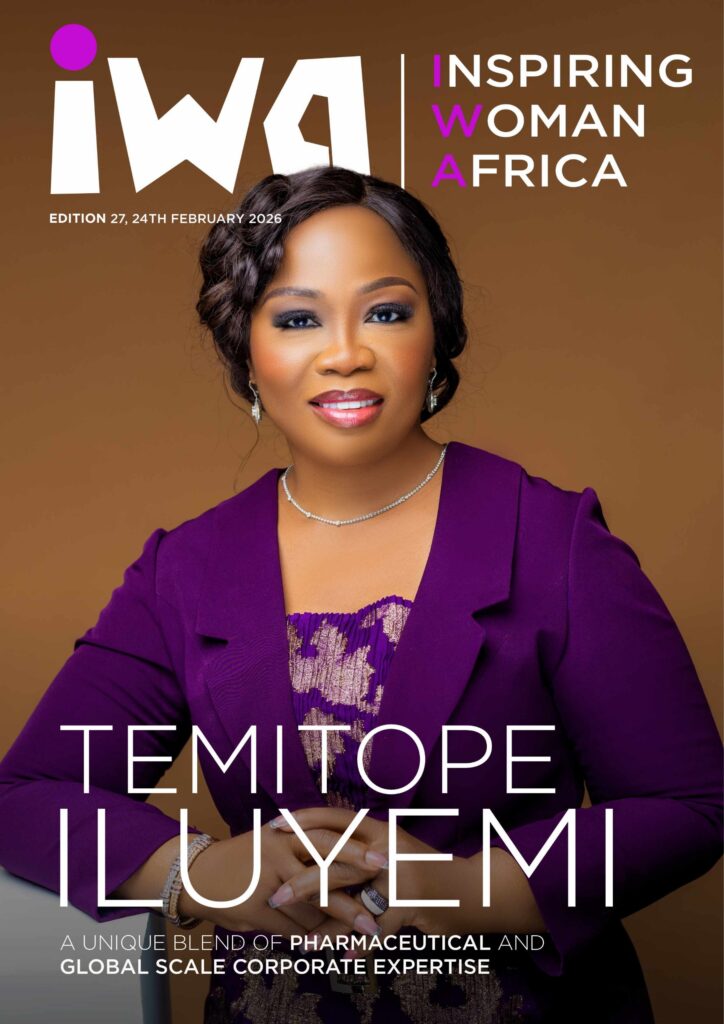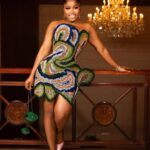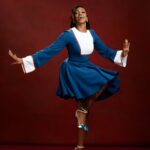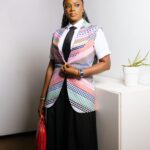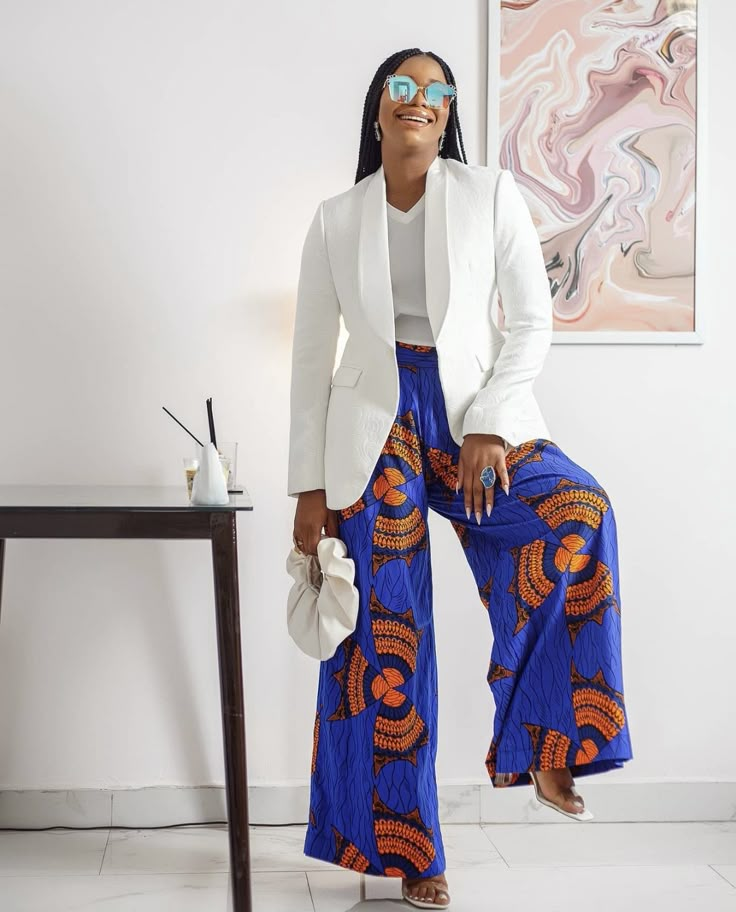
There was a time when pants were more than just a fashion choice — they were a statement. A quiet rebellion wrapped in fabric, a symbol of identity, power, and self-definition. In Nigeria, the story of pants isn’t just about hemlines and silhouettes; it’s a story of culture, courage, and creativity — told through generations of designers, dreamers, and daring women.
FROM TRADITION TO TRANSITION
Before fashion week runways and red carpets, there was the sokoto — the traditional trouser worn by men across the North — wide, functional, and full of heritage. For women, however, the idea of trousers once bordered on taboo. Femininity was wrapped in iro, buba, and layers of elegance. But like every good fashion story, change began quietly — and then, all at once.
The 1960s and ’70s brought with them a bold new energy. Nigeria was young, free, and fearless. Western influences collided beautifully with African expression. From the groovy flares of Fela’s queens to the tailored pants of university fashionistas, women began embracing trousers as an emblem of modern independence. Pants became political — a way to say, “I am here, and I define my own femininity.”
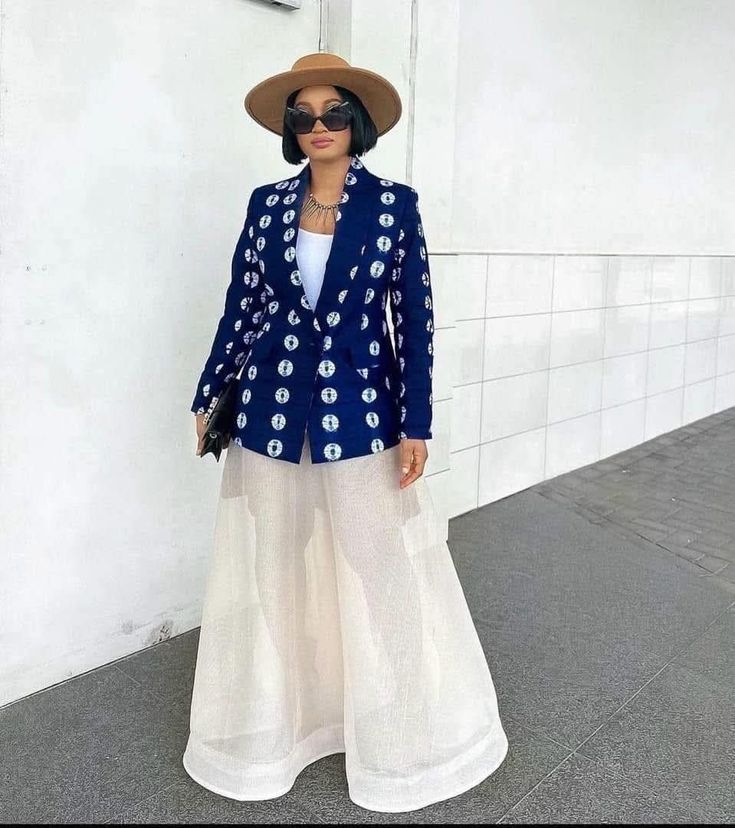

Power Dressing Reimagined
By the early 2000s, Nigerian fashion had found its stride. The rise of the power woman — executives, media moguls, and style icons — gave birth to a new sartorial era. Enter the pantsuit: bold shoulders, crisp lines, and unapologetic elegance.
Designers like Mai Atafo redefined corporate chic with sharply tailored fits, Lisa Folawiyo infused Ankara into contemporary cuts, and Lanre DaSilva Ajayi made femininity powerful again. Women like Rita Dominic, Toke Makinwa, and Genevieve Nnaji turned the pantsuit into the new evening gown — commanding attention not just with beauty, but with presence.
The Nigerian woman no longer dressed to blend in; she dressed to take up space.

THE STREETWEAR REVOLUTION
Then came the millennials — and they changed everything. Streetwear became the language of the youth, and pants became their canvas of rebellion and self-expression.
Designers like Orange Culture, Tokyo James, and I.N Official blurred the lines between masculine and feminine, creating pants that challenged gender norms and celebrated fluidity. Joggers, cargo pants, palazzos, and culottes redefined what it meant to be stylish in Lagos. The new generation wasn’t just following trends — they were setting them.
As Adebayo Oke-Lawal of Orange Culture once said, “Fashion is freedom. It’s how we tell the world who we are before we even speak.” That spirit of freedom is what pants have come to represent in Nigerian fashion — a daring blend of comfort,
confidence, and culture.
FROM LAGOS TO THE WORLD
Today, Nigerian fashion stands on global stages — from Lagos Fashion Week to Paris and Milan — with pants leading the movement. Tailored trousers in aso-oke, adire, and metallic Ankara prints have become signature looks, celebrating the continent’s artistry with a modern twist.
Designers like Emmy Kasbit and Atafo are reimagining tradition through tailoring, giving pants a new cultural vocabulary that speaks to both the past and the future. The Nigerian designer no longer asks for global relevance — they define it.
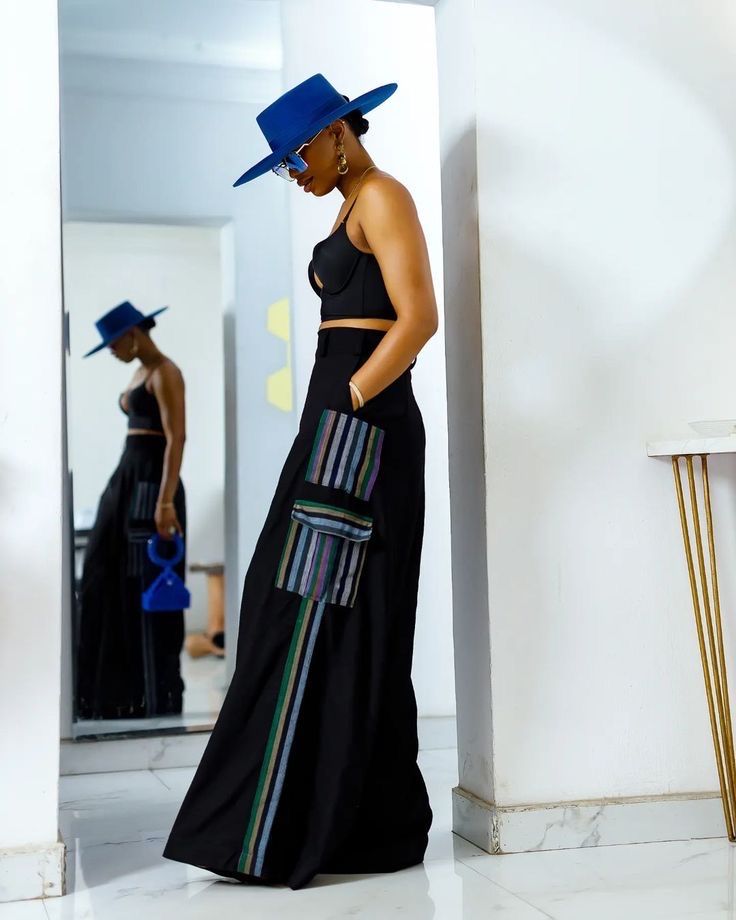

THE FUTURE IS FLUID
The next chapter of pants in Nigerian fashion is one of inclusivity, sustainability, and identity. Beyond gender and beyond trend, it’s about creating silhouettes that move with the body — and speak to the soul.
From the traditional sokoto to the high-waisted power pant, from adire culottes to experimental streetwear, pants have evolved from rebellion to representation. They’ve become a mirror of how far Nigerian fashion has come — bold, expressive, and unstoppable.
In Nigeria, pants are no longer just worn. They’re lived in. They’re danced in. They’re conquered in.
They are, simply put, a revolution stitched in style.
Yolanda Okereke is a visionary fashion entrepreneur and respected industry leader, known for her exceptional work as a Costume Designer and Creative Producer in Film and Television. With over a decade of experience, she has consistently shaped the visual identity of some of Nollywood’s most iconic productions, earning a reputation for her artistic depth, organizational precision, and bold storytelling through costume.
She is the Founder and Head of The Rani Company, a leading costume design and styling firm, and The Wardrobe Shack, a costume rental house serving high-profile film and television projects across Nigeria.
Latest Posts
-
Feb 24, 2026 Busie Matsiko
-
Feb 24, 2026 Seven Money Moves to Make Today
